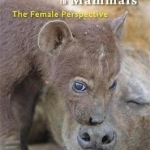
Reproduction in Mammals: The Female Perspective
Book
Newborn mammals can weigh as little as a dime or as much as a motorcycle. Some receive milk for only...

Siraj Wahhaj
Podcast
Siraj Wahhaj was born as Jeffrey Kearse and raised in Brooklyn. His mother was a nurse and his...
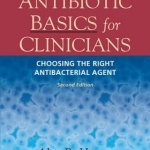
Antibiotic Basics for Clinicians: The ABCs of Choosing the Right Antibacterial Agent
Book
Easy-to-apply set of principles for selecting the right antibiotic. Antibiotic Basics for...

Mayenburg: Three Plays
Book
Eldorado: Anton's got it made: dream house, artistic wife, baby on the way. And, as the smoke rises...
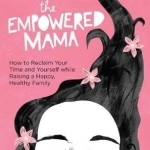
The Empowered Mama: How to Reclaim Your Time and Yourself While Raising a Happy, Healthy Family
Book
Get powerful tools to nurture and replenish your body and mind in The Empowered Mom Moms who work...
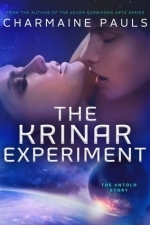
The Krinar Experiment
Book
A Krinar Kindle World Story When Drako’s space pod malfunctions over Johannesburg, his secret...
Science_Fiction Romance
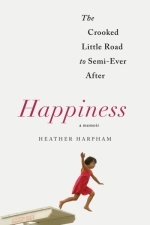
Happiness: The Crooked Little Road to Semi-Ever After
Book Watch
A shirt-grabbing, page-turning love story that follows a one-of-a-kind family through twists of fate...
Biography memoir parenting
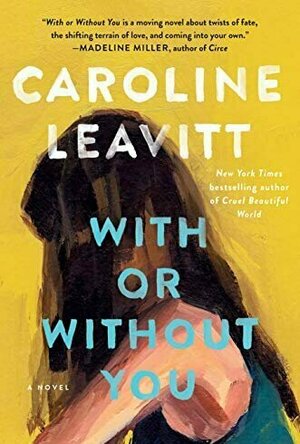
With or Without You
Book
New York Times bestselling author Caroline Leavitt writes novels that expertly explore the struggles...
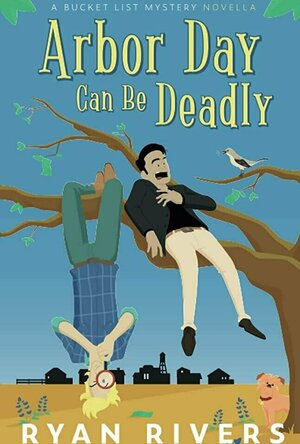
Arbor Day Can Be Deadly
Book
He came to stay out of trouble. But when a new friendship pulls him deep into danger, can he make it...
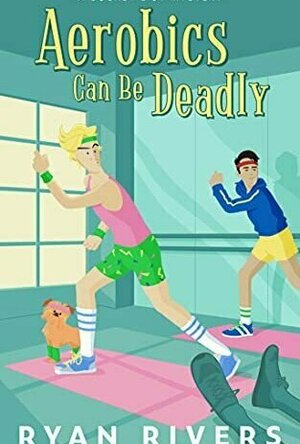
Aerobics Can Be Deadly
Book
When this odd couple signs up to be extras in a fitness video, it's lights, camera... murder. Sho...